Go to Tyre for the Stroganoff & UNESCO Sites, Stay for the Storms
A Twin Cities PBS producer's travelogue on his visit to South Lebanon.
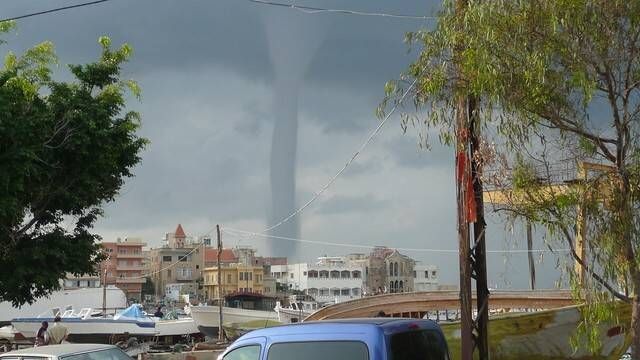
If you’re in Beirut and you tell someone you’re heading to Tyre for a couple days, there’s a good chance the Beiruti will roll their eyes, snobbishly suggesting, “Just see the ruins, hit the beach and come back. No need to stay overnight.”
Nonsense. I’ve had good times in Tyre, commonly known by its modern Arabic name, Sour, phonetically closer to its ancient Semitic relative, Tzor.
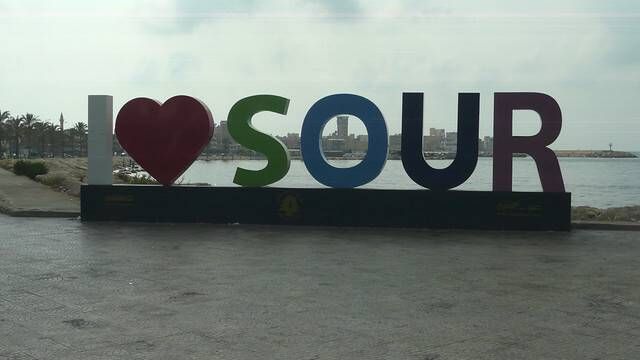
There are major UNESCO sites, including the largest Roman Hippodrome in the world, which once held thousands of people witnessing the ancient blood sport of chariot racing; also, probably Christian persecution during the Diocletian era.
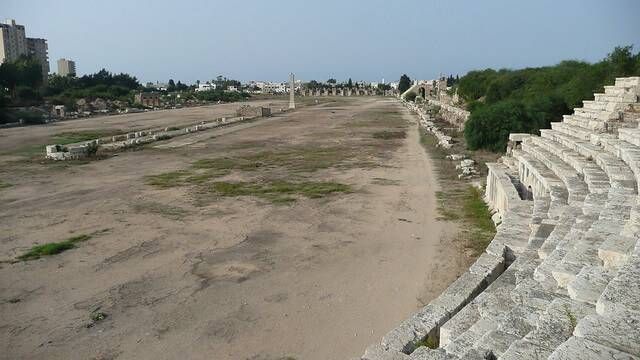
Jesus reportedly lived in this area at one time.
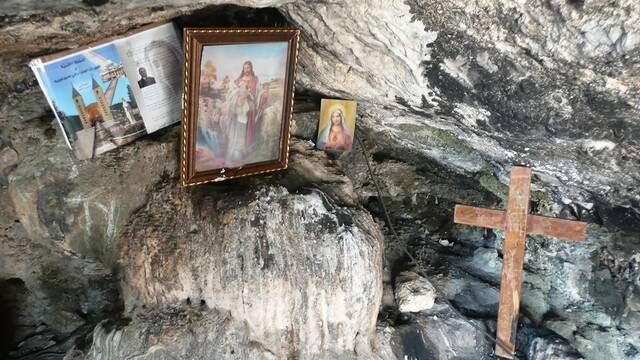
You can wander the medieval souk into the Christian Quarter near the Mina (harbor). The surrounding area hosts music festivals in the summer, beach resorts where UNIFIL (United Nations Interim Force In Lebanon) members stay, boutique hotels fashioned from centuries-old homes in the oldest parts of one of the oldest cities in the world and lots of fresh, caught-that-day seafood.
I recommend the barracuda at Tony’s. Tony has four tables, he sits at one of them and is getting older now, but a young East African woman expertly sears the fish, and the view of the harbor is picturesque antiquity.
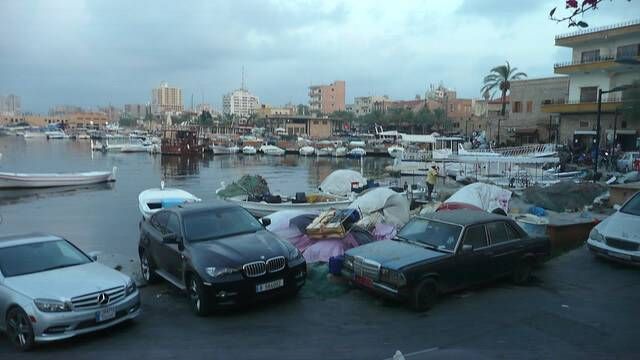
Traditionally, Tyre is home to large Christian and Shia Muslim communities that help each other in times of crisis. More secular than sectarian perhaps, south Lebanon elected a Communist woman in recent municipal elections. I was told that she covered her hair, but the Shia candidate didn’t. Lebanon is full of surprises.
I’m wandering around, happy to get lost, but looking for the ruins. I meet a UNIFIL employee at a café and ask for directions. He offers me a ride. He’s Lebanese, but grew up in Anaheim and is working on an operation to rid south Lebanon of land mines. After a bit of road and silence, he says, “I want to try to give back to my country.”
“It’s beautiful," I respond.
“When it's at peace”, he adds. He drops me off at the entrance.
It's been said that if you want to see Greek history, go to the British Museum. Conversely, if you want to see Roman ruins, go to the Middle East and North Africa. After visiting the Hippodrome, I head back into town along the corniche (walkway along a coast) featuring publicly sponsored murals of peace and children.
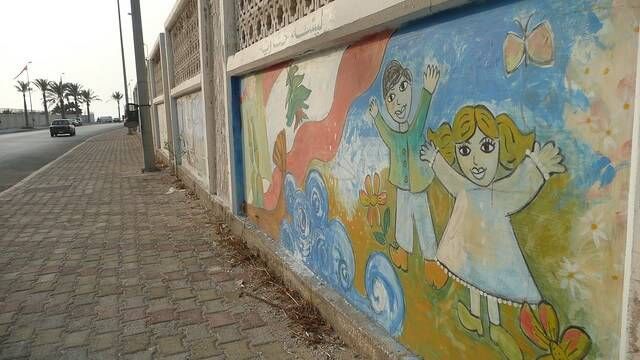
Near the ancient Mina, there is a place called Tanit, run by a British guy who reportedly has beef stroganoff on the menu. Bit of a pub. Free wifi. The owner offers tap beers, Johnny Walker Blue. We chat in English, and he agrees to make me stroganoff. After all, I'm the only patron in the place.
In the middle of making the meal, the owner takes a phone call and rushes out the door without explanation.
No lie, my first thought was, "I’m about to die in south Lebanon."
But the door opens, and the owner grabs me by the arm, demanding, “Come with me." He pulls me outside.
I see what he sees and think, "I’m about to die in south Lebanon."
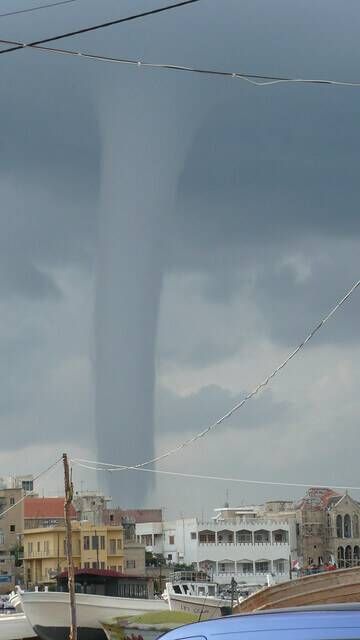
Technically this is a water spout, not a tornado.
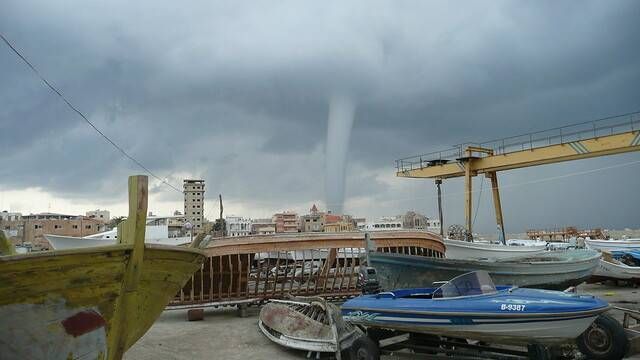
Was I witnessing, in my own demise, the destruction of an ancient UNESCO town?
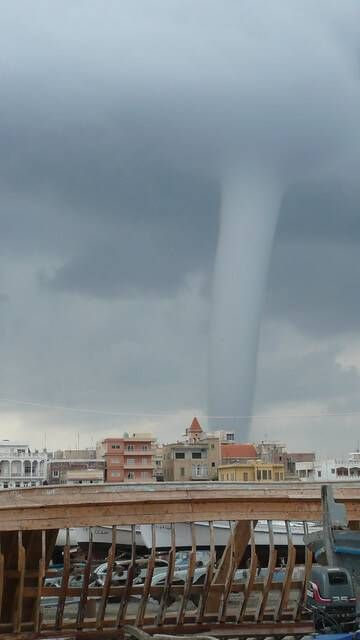
No one panics. We take pictures. The owner claims he had seen such a thing in London.
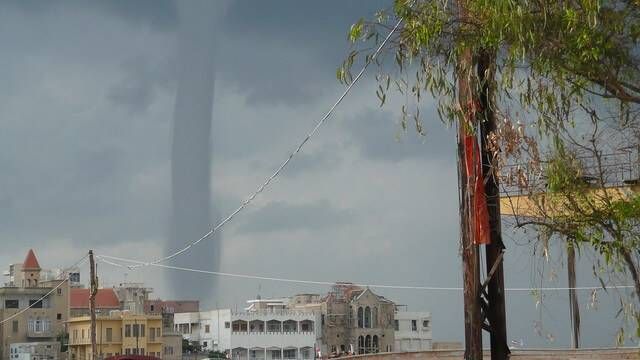
The water spout is out at sea and dissipates before reaching shore.
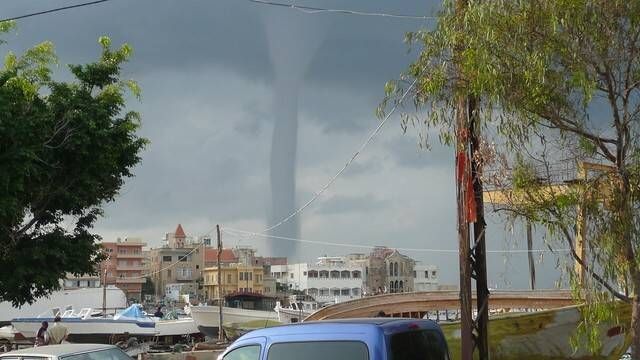
Apparently water spouts can deposit fish inland. So, I mean, the point is: Sharknado is real. At least in South Lebanon.
